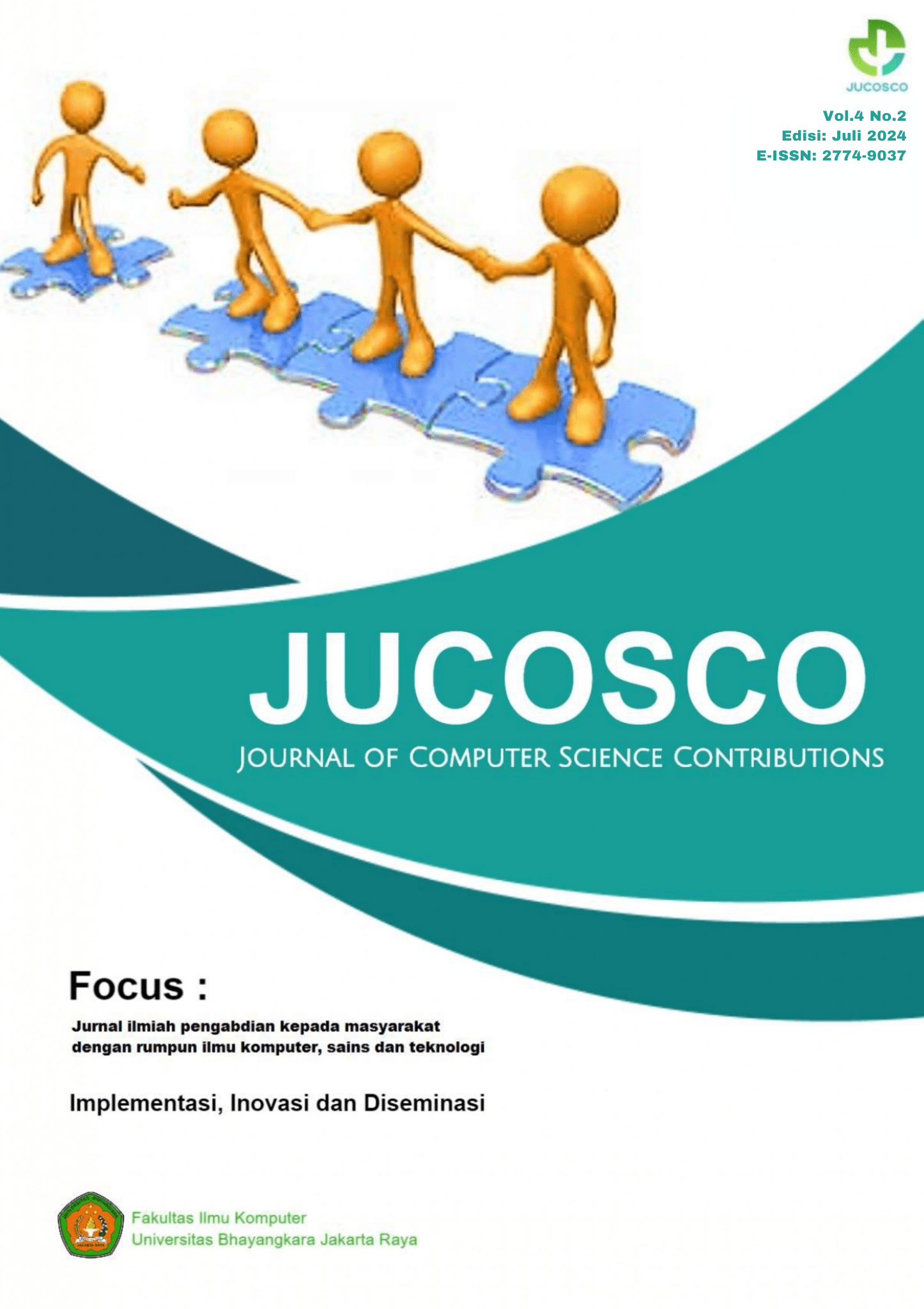Sistem Deteksi Stunting Sebagai Program Intervensi Gizi di Kelurahan Teluk Pucung
DOI:
https://doi.org/10.31599/k51cr778Keywords:
Nutritional Status, Baby, Toodler, Growth, Holistic ApproachAbstract
The prevalence of stunting in Indonesia is currently at 21.6%, which is down from the initial value of 24.4% in 2022. There is a failure in the process of improving nutritional status that causes babies and toddlers to indicate stunting. Stunting is a condition where children experience growth disorders, so that their height is not in accordance with their age as a result of chronic nutritional problems, namely lack of nutritional intake for a long time. Data shows that stunting in children can have a long-term impact on their health and development, creating serious challenges in achieving the full potential of future generations. Insufficient intake of adequate nutrition, unequal access to quality health services, and supported by healthy eating practices and lack of a supportive environment are the main factors that trigger high stunting rates, demanding integrated interventions to address the root of the problem. Bhayangkara University of Greater Jakarta as a private sector that should collaborate in efforts to improve the nutritional status of the Indonesian people carried out real lecture work (KKN) in one of the villages in Bekasi City, namely Teluk Pucung village. A holistic approach that considers social, economic, and educational factors in efforts to improve nutritional status is essential. Intervention programs should not only focus on providing nutritious food, but also on family economic empowerment, increasing mothers' knowledge about nutrition and child health and improving access to quality health services.
Downloads
Downloads
Published
Issue
Section
License
Copyright (c) 2024 Journal Of Computer Science Contributions (JUCOSCO)

This work is licensed under a Creative Commons Attribution 4.0 International License.























